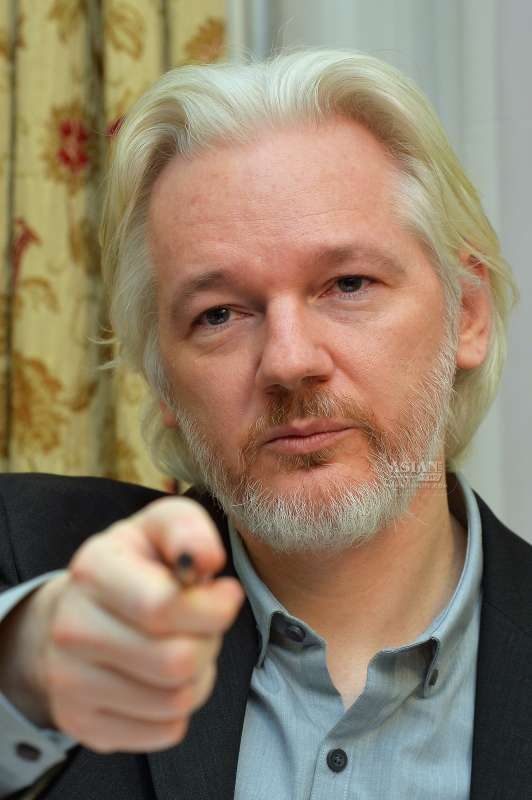The Swedish public prosecutions authorities offered on Friday to question Wikileaks founder Julian Assange in London over alleged sex crimes, hoping to break the current standoff before the valid prosecution time limit expires.

Sweden’s Public Prosecutions Director Marianne Ny made the offer in a statement on Friday morning to Julian Assange’s legal representatives on “whether Assange would consent to being interviewed in London and have his DNA taken via a swab”, Xinhua news agency reported.
“The reason why the prosecutor now decides to request permission to interview Julian Assange in London is chiefly that a number of the crimes Julian Assange is suspected of will be subject to the statute of limitation in August 2015, i.e., in less than six months’ time,” she said.
“Over the past two months, we have fully considered and deliberated upon the views made by the Court of Appeal regarding how best to move the investigation forward,” Ny said.
“I have now decided to try to carry out an interview as the statutory limitation nears,” she added.
A statute of limitation is a law which forbids prosecutors from charging someone with a crime that was committed more than a specified number of years ago. It aims to make sure convictions occur only upon evidence (physical or eyewitness) that has not deteriorated with time.
Assange is wanted for questioning over the alleged rape and sexual assault claims made by two women in Sweden in 2010. But Assange denied the allegations, saying they were part of a smear campaign against him.
The Ecuadorian embassy in London granted Assange asylum in 2012 after the British Supreme Court refused to reopen his appeal against extradition.
Assange then stayed at the Ecuadorian embassy to avoid extradition to Stockholm. He fears he would be extradited again from Stockholm to the US, where he could face charges over the release of thousands of secret documents by Wikileaks that have embarrassed the US government.
In 2010, Wikileaks reportedly began publishing 250,000 US diplomatic cables and 500,000 classified military reports, covering both US diplomacy and the US-led wars in Iraq and Afghanistan.